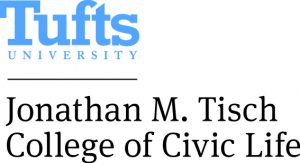Contents
Overview
The fundamental civic question is “What should we do?” Individuals must also decide what to do on their own, but groups are essential because we are often need other people’s ideas and abilities to accomplish worthwhile outcomes.
Each word in the question counts:
- What: Groups must think carefully about the facts at stake. What is happening and why? What could be different? What would that cost? What are the risks?
- Should: The point is to do the right thing, not just what people happen to want. That requires conscious attention to choosing good means and good ends.
- We: The group that decides and acts must be a real “we,” capable of doing something together. A constant challenge is focusing on a “we” and not letting the question become “How should things be?” Equally important is to ensure that the group includes the people who should be included.
- Do: The point is to take action. An intentional choice not to act may sometimes be wise, but that is also a kind of doing. By acting, we create opportunities to reflect and learn.
Activities
- FacilitationGroup discussions of contested issues depend on good facilitation, and we can learn to facilitate well. Lesson Six of Longo 2023 is a free guide to developing skills for facilitating groups. This lesson draws upon a framework and materials developed by Martin Carcasson, Timothy Shaffer, and Nancy Thomas for an activity they term “The Neutrality … Continue reading
Concepts
- Civic (the word and concept)The word “civic” is, and has been, used in many ways. For some people, it can suggest a list of behaviors (such as voting, protest, or community service); a reference to a city (as in “The Pittsburgh Civic Arena”); civilian as opposed to military norms; or some kind of boundary around desirable behavior or the … Continue reading

